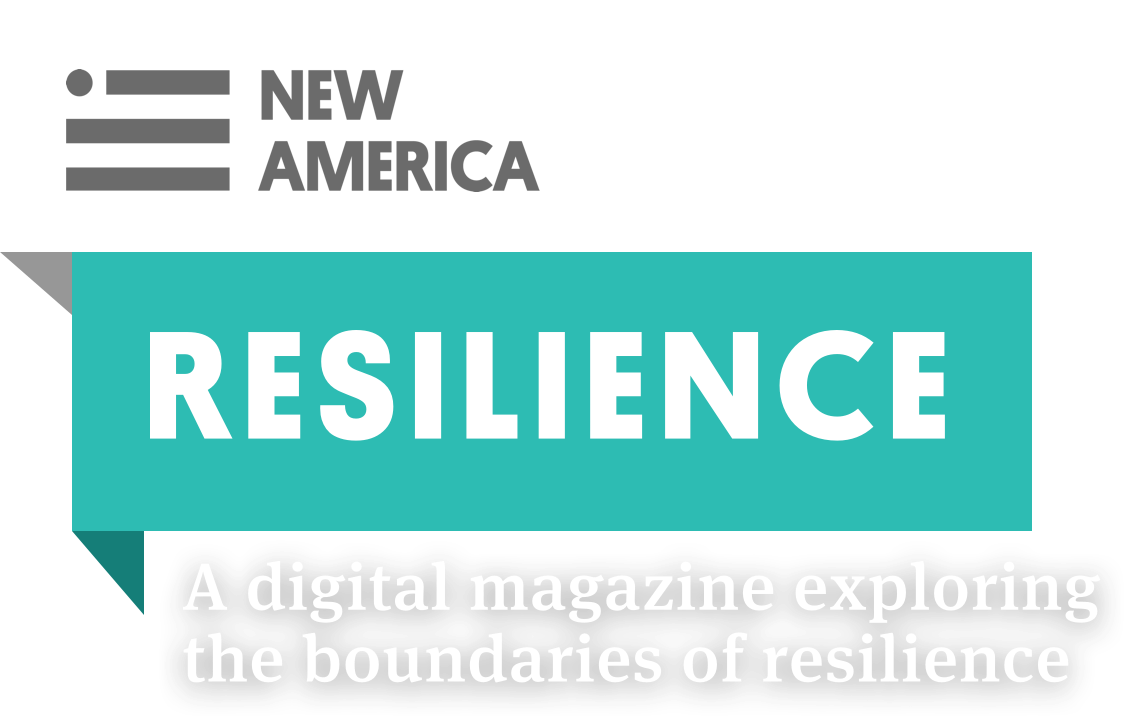Q&A with Julia Turshen
When dinner tables bridge political divides.
How do you define resilience when it comes to the intersection between food and society?
Food is so many things and one of them is restoration (that’s actually the origin of the word “restaurant”). Restoration is essential for resilience. Food lets us sustain our resilience.
After the 2016 presidential election, you wrote the cookbook, “Feed the Resistance,” matching recipes with ideas for activism. Your efforts have sparked a national conversation about the role of food in political activism. What do you see as the most important outcome, so far, of this project?
That it has reminded so many people, myself included, that food has always had a role in activism. Food has a tremendous legacy in so many movements and the people who have grown food, cooked food, served food, and cleaned up after meals have all been essential. Feed the Resistance stands on many, many shoulders.
Dinner tables feel more conducive to constructive dialogue than do conference or hearing rooms. What can families and communities do to foster meaningful conversations at the dinner table around tough, but important issues?
I could not agree more. A table with no food is a meeting and nobody loves a meeting! Put food on that table and you have a meal and everything changes— the way we interact, our body language, and yes, most importantly, our dialogue. To help foster meaningful and forward-moving conversations, establish some ground rules. For example, one rule can be spaciousness around our feelings. Working towards justice includes discomfort at times, including acknowledging our own biases. Giving yourself and those around you respectful space to acknowledge what’s uncomfortable can help move us all forward.
What meal would you cook to bring together political adversaries?
Something we’d cook together. I find that if you get people to cook together and then eat what they’ve cooked, it helps build trust and a sense of community. I’d also make it something really personal, like my Aunt Renee’s chicken soup. I’d tell them about the soup and the woman behind it. I’d ask them what their equivalent is. It’s hard to hate someone whose story you know and food gives us access to our stories and each other.
You have said many times that the world of food writing needs more diverse voices and intersectional conversation. Can you describe what that would look like, and what its potential impact could be?
It would look like the media we consume about food accurately reflecting the world we live in, including many perspectives. I would also add we don’t just need more diversity and intersectionality when it comes to writers, we also need it (desperately) amongst the gatekeepers—the people who make decisions about which stories get to be told and who gets to tell them. The impact would be a media landscape that makes so many more people feel represented and also shifts power in a big way. The more people who get covered by the media, for example, means the more people who attract investors and funders. The more people who read a story about someone they can relate to opens up so much more potential. And on and on.
You self-funded and launched in 2018 Equity at the Table (EATT), an online database aimed at giving food professionals who are female, gender non-conforming, queer, and people of color a place to be discovered. EATT started with 100 voices and it’s grown exponentially since then. How does showcasing how dynamic and diverse the food industry is contribute to its resiliency?
When I think about resilience, I think about expansion. How you can not only bounce back, but how you can bounce higher. How maybe you don’t just get up, but you bring others up with you. EATT shows us all how many of us there are. We’re not alone. And when we see that and feel that sense of community and solidarity, we bounce hire and we get up together.

